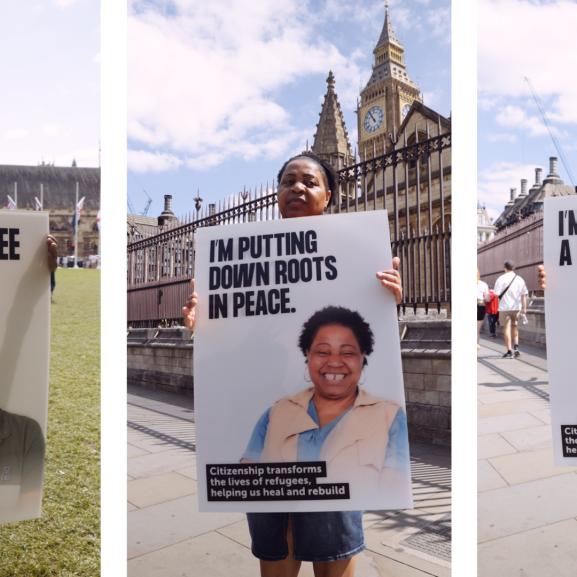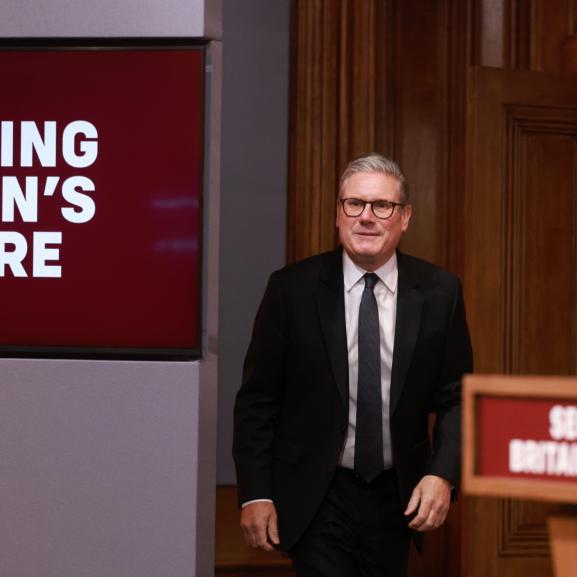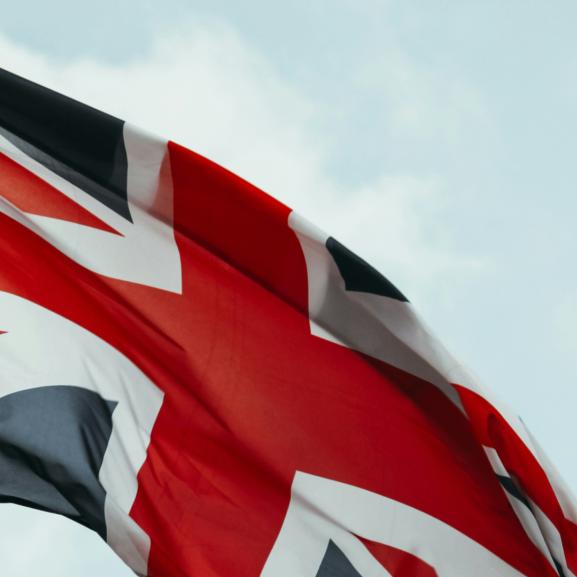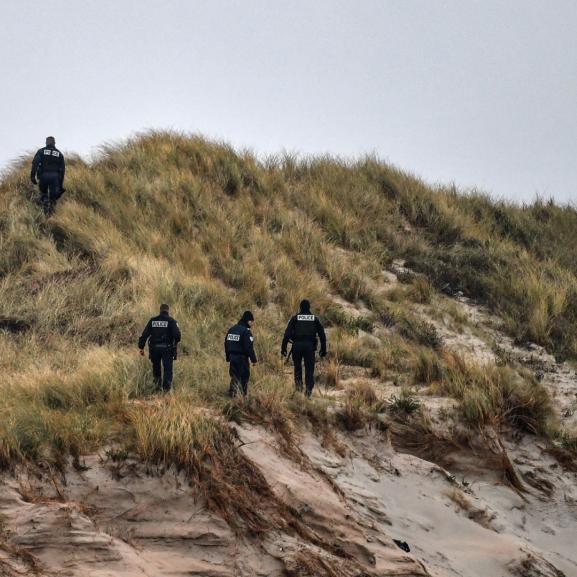Poor decision-making in UK asylum system fails people in genuine need of protection
The quality of UK Border Agency decision making has again been called into question today as the Home Affairs Committee (HAC) published its latest quarterly report into the Agency's work.
The report – which covers the period April to June 2012 – found that '...a number of errors are being made in judging the merits of asylum claims' after discovering that 13 people had – in just the first six months of 2012 – been granted protection in the UK having previously been refused and removed from the country.
Keith Best, Freedom from Torture CEO, said:
"It is scandalous that the Committee has today uncovered 13 individuals, in the first half of this year alone, who were granted status after being rejected the first time and forced back to torturing regimes.
This confirms what we have long suspected – that the UK asylum system is failing people in genuine need of protection and removing them to torture or worse.
These mistaken risk assessments by UKBA and the Tribunal have only come to light because these 13 people were able to escape a second time. It is frightening to think what has become of those without the means or opportunity to escape again."
Following evidence published by Freedom from Torture and other organisations of on-going torture in Sri Lanka, highlighting the risks faced by Tamils on return, the Committee noted that the return of asylum seekers to the country was 'of particular concern'.
Keith Best, added:
"We share the Committee's particular concerns about Sri Lanka given the large number of Tamils referred to Freedom from Torture for treatment and forensic documentation of injuries after being tortured following return from the UK."
In light of its findings the Committee pledged today to 'continue to monitor the number of individuals granted asylum after having previously had an application refused with a particular focus on individuals who have been returned to Sri Lanka'.
Also in today's report were concerns around 'systemic failures in relation to the treatment of mentally ill immigration detainees' and questions over 'why medical evidence was overruled on so many occasions' when UKBA case owners were presented with 'Rule 35' reports – the safeguard which is supposed to release potential survivors of torture and other vulnerable people who have been wrongly routed into detention.
Last year, at Harmondsworth Immigration Removal Centre, 109 'Rule 35' reports were made to the UK Border Agency concerning individuals for whom doctors had these concerns – 'but' said the Committee 'only five resulted in the detainee being released'.
Keith Best said:
"We strongly welcome the Committee's call for an immediate independent review of the Rule 35 process across the immigration detention estate.
The UKBA demonstrated its inability to investigate these issues when it papered over its shoddy decision-making in an internal audit published in March 2011. Torture survivors have been wrongly detained ever since contrary to the UKBA's own published policy and the safeguards imposed by Parliament. We live in hope that a credible external investigator will jolt the Agency into action to fix this chronically dysfunctional system."





